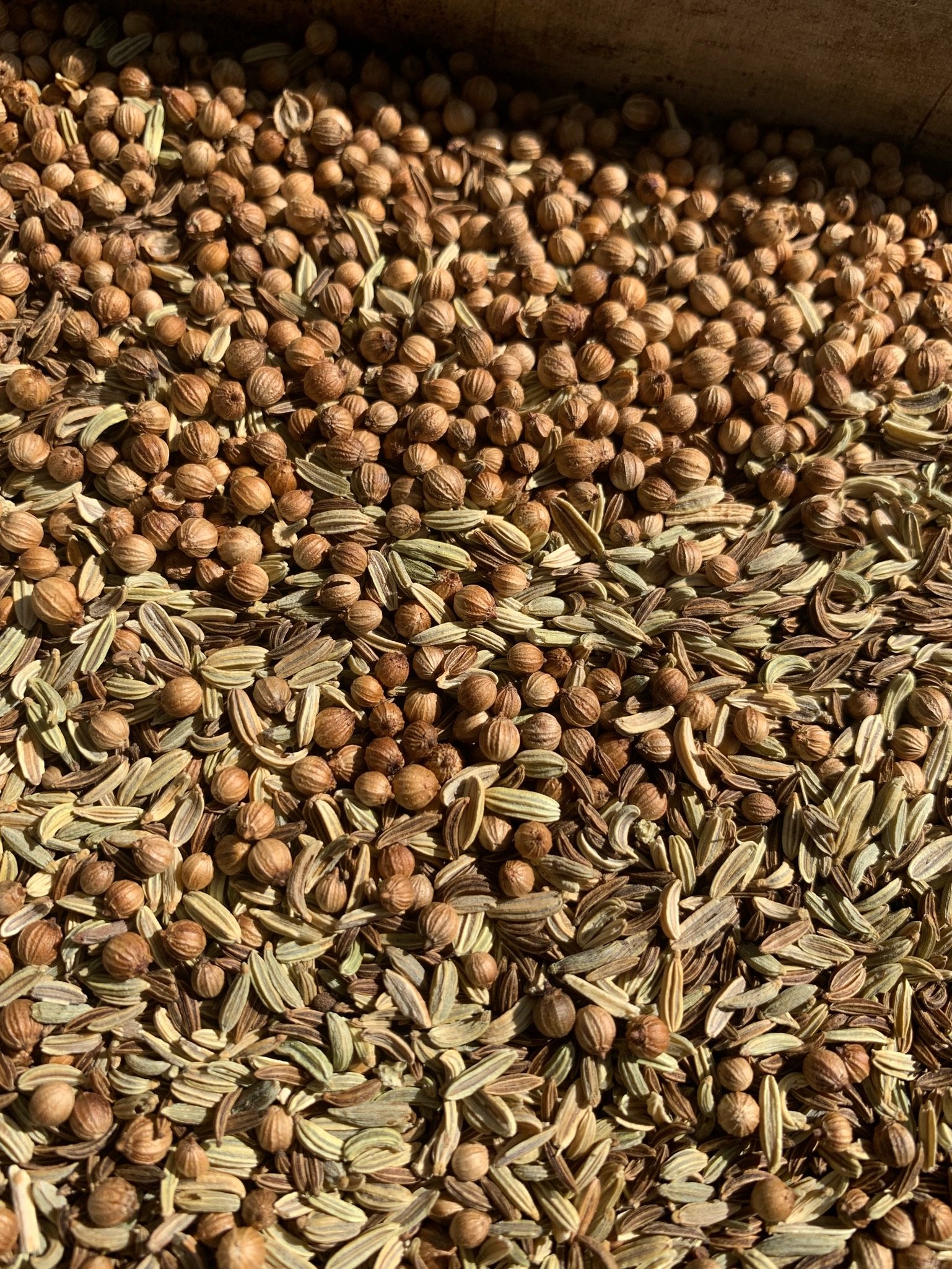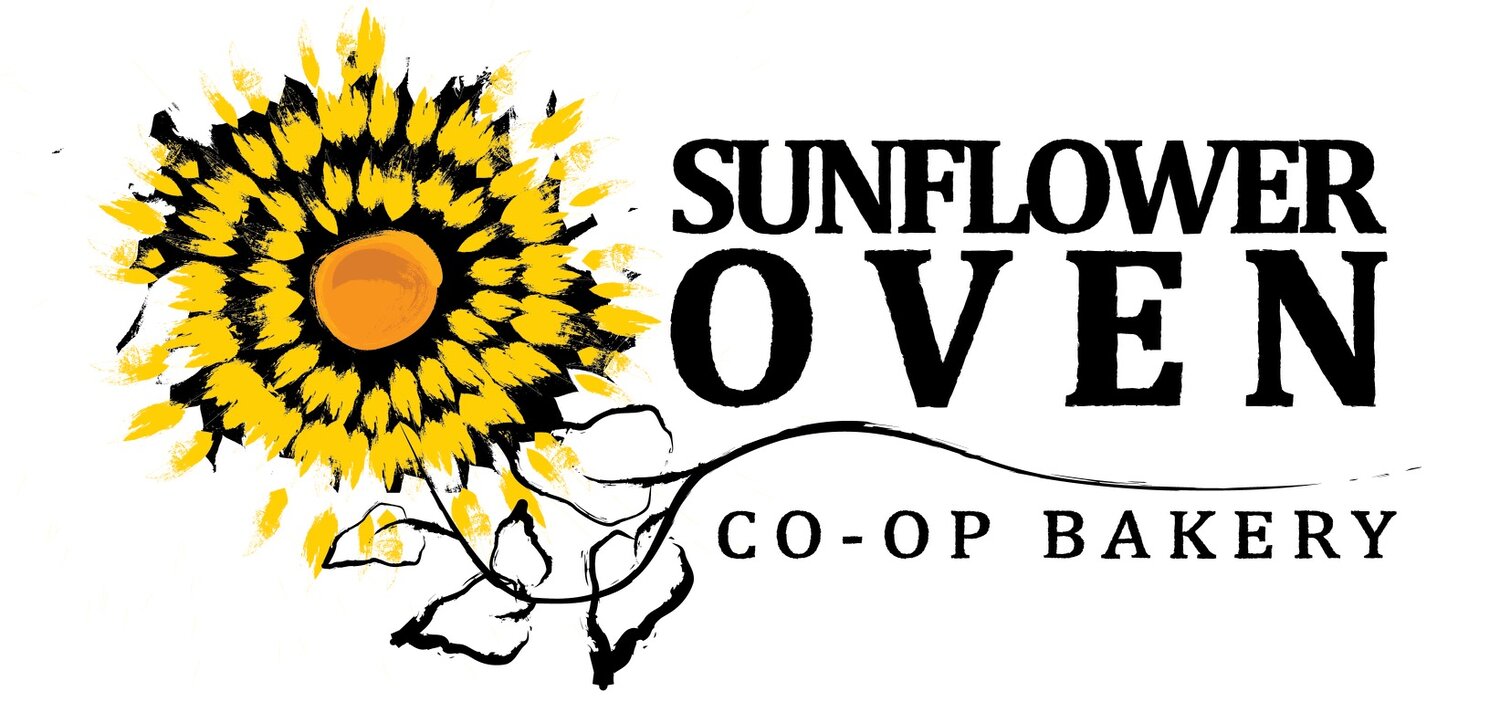
Cooperative Structure and Economics
“Is there anything on this planet more political than food? No there is not. Who eats? Who doesn’t eat? Who is cooking? Who’s eating?”—Anthony Bourdain
In Jackson, as in all of America, income disparities restrict people’s ability to live freely and flourish. This is a symptom of the rules of a system that cares about people’s money, but not their lives.
The dominant food system offers us a lot of cheap and unhealthy food. It depends on government subsidies, the mistreatment and underpayment of workers, and the abuse of our soil, air, and water. Poverty is a result of this violence and exploitation. We’re told that this is inevitable, but we reject that premise.
From the beginning, we have wanted to be a community-supported bakery that provides nutritious, ethical, and sustainable bread that could be an everyday staple. We offer our bread on a suggested-price basis, as a small rebellion against an unjust economy. This is only a small effort in addressing the symptoms of this illness, not its root causes.
Sunflower Oven is structured as a collectively-owned and cooperatively-managed bakery. In practice, this means that everyone who contributes their time and effort to the business is counted as an owner of the business and shares in the profits accordingly. We practice deep democracy, ensuring that all voices are heard and decisions are made with unanimous consensus. There is no one who has authority to tell others what to do or make unilateral decisions. Power is shared and discussed with the belief and practice that we all contribute to the success of the business and the mission. We practice financial transparency, collectively decide on our hourly wage, and publish an annual accounting of our financial records to serve as a model.
This is a radically democratic way of running a business. Radical simply in that it is opposed to hierarchical structure, but quite normal in reality. It requires a mental reorganization in regards to what a business is and how we should be compensated for work. But we believe this can become the norm rather than the exception or an alternative. We don’t believe we have all the answers, but the reality is that things are not going well for the majority of people in the world right now. And we want to create a world where people feel more security, less worry and anxiety. More creativity and joy in their work, not dread and boredom.
We draw on a long history of cooperative businesses from around the world. Cooperatives create empowering working environments, build economic stability for members, and prove that top-down hierarchies are not the only way to operate a sustainable business. From grocery stores to refrigerator factories, newspapers, banks, clothing stores, and farms, the cooperative model creates power among working people.

